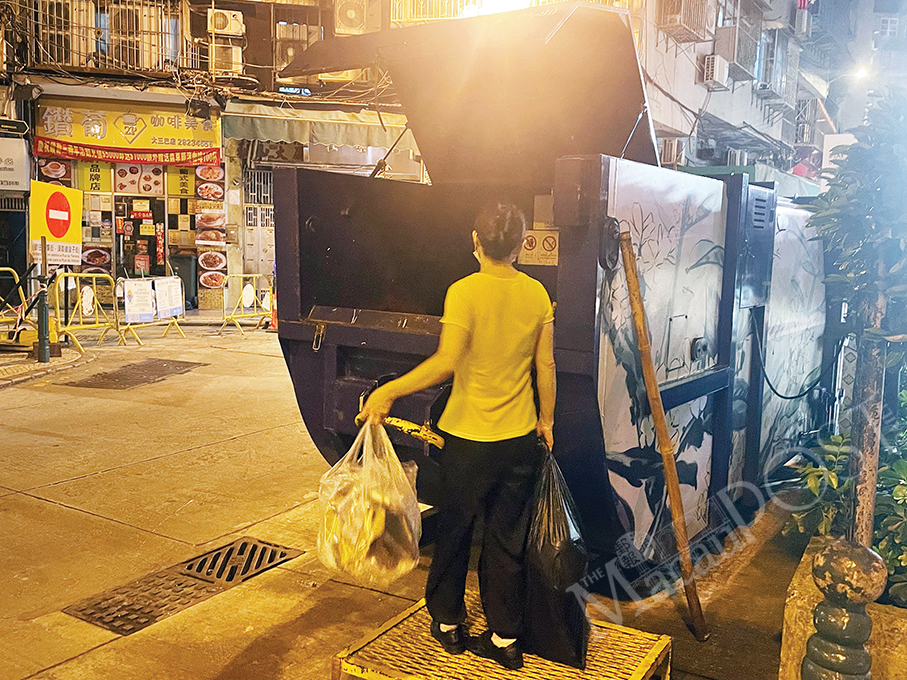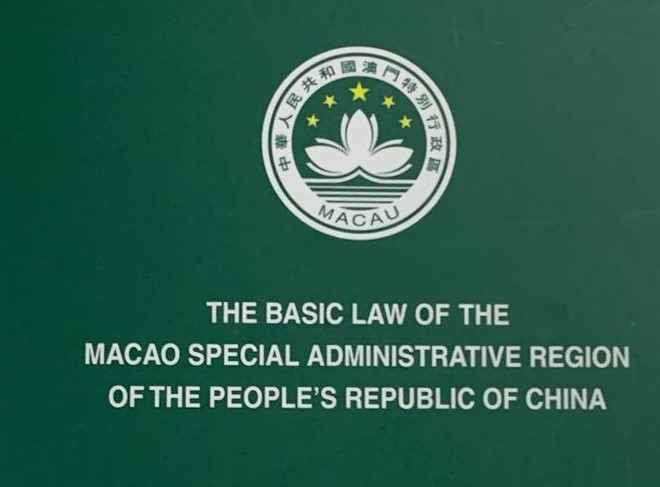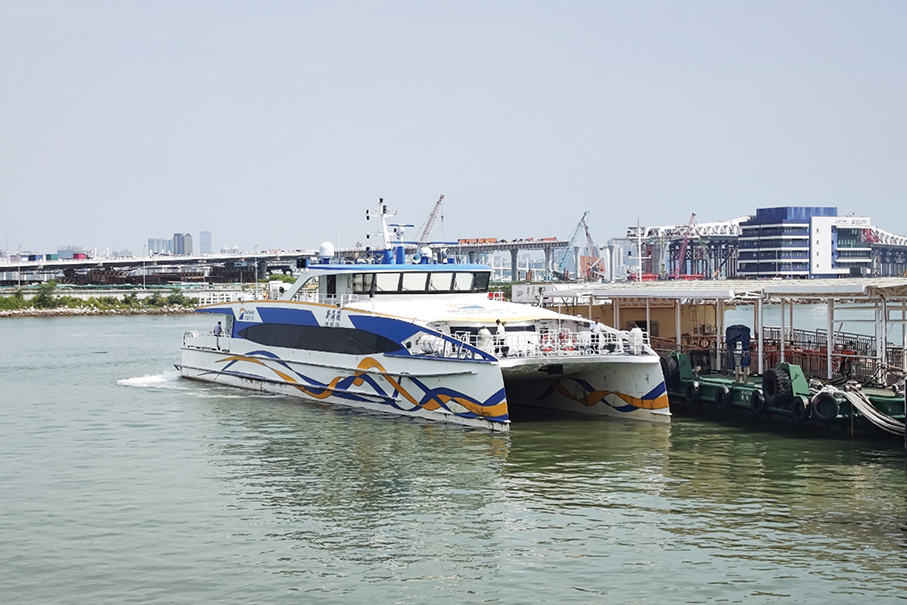The Environmental Protection Bureau’s (DSPA) State of the Environment of Macau 2022 report released yesterday shows that due to the fact that the COVID-19 pandemic still affected Macau’s socio-economic activities last year, the annual average tap water and electricity consumption, the amount of solid urban waste and the annual average concentration of air pollutants decreased in 2022, of which electricity consumption, the amount of solid urban waste and per capita disposal were down by, respectively, 3.7 percent, 3.6 percent to 436,828 metric tonnes, and 2.7 percent to 1.77 kilogrammes.
While each person disposed of 1.82 kilogrammes of solid urban waste per day on average in Macau in 2021, the figures in the same year were 1.53 kg in Hong Kong, 1.57 kg in Singapore, 0.98 kg in Beijing, 1.05 kg in Shanghai, and 0.86 kg in Guangzhou.
Comparative figures for last year were not yet available when the report was being prepared earlier this year.
The report is released annually on June 5, marking the United Nations’ World Environment Day.
The DSPA 2022 report points out that Macau’s population density decreased by 1.7 percent year on year to 20,300 per square kilometre last year, when the city’s total population living on 33.3 square kilometres stood at 672,800.
According to the report, last year’s annual average concentration of air pollutants was lower than the one in 2021, except for ozone. It shows that 90 percent of the days last year were of good or fair air quality, with a minimum of eight and a maximum of 33 days of poor air quality recorded at Macau’s six monitoring station, mainly due to fine suspended particles and ozone.
The report also shows that the estimated value of greenhouse gas emissions in Macau has risen as a result of an increase in local power generation, while the overall coastal water quality assessment index for the city’s entire maritime area and the non-metal assessment index decreased compared to 2021.
Due to the fact that land transport was the major source of emission of various atmospheric pollutants and greenhouse gases in Macau, the government has been pushing for the use of electric vehicles and setting up electricity charging facilities, among other measures in line with its ecological transition aiming to accelerate the reduction of pollution, the report indicates, which notes that by the end of last year, the number of installed electricity charging facilities had increased to over 2,000 and 500 for cars and motorbikes respectively.
In addition to continuing to optimise the energy mix and improve energy efficiency, the government will, through a combination of different strategies, accelerate the use of electric vehicles and gradually regulate other products containing high volatile organic compounds (VOC) and improve the VOC monitoring system, according to the report.
Meanwhile, Secretary for Transport and Public Works Raimundo do Rosário promises in the report that the government will continue to play a “leading” role in encouraging all sectors of the community to adopt more sustainable lifestyles, contributing to transforming Macau into a low-carbon city.
The report, according to DSPA Director Raymond Tam Vai Man, aims to enable civil society to get to know Macau’s environmental state and changes, as well as the related policies and measures, in a timely manner.

A woman is about to throw two plastic bags of rubbish into a waste compactor on Rua das Estalagens last night. – Photo: Yuki Lei








